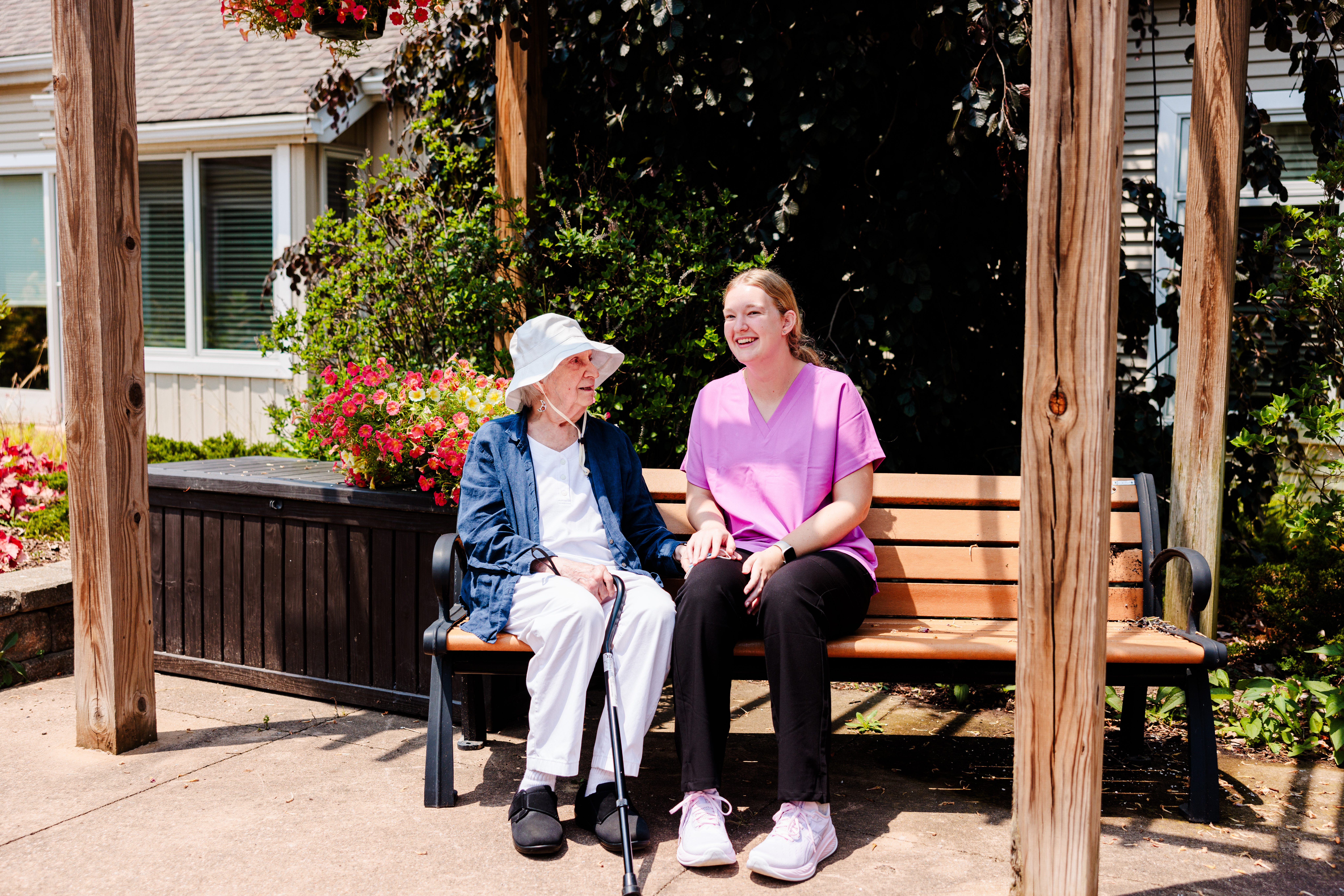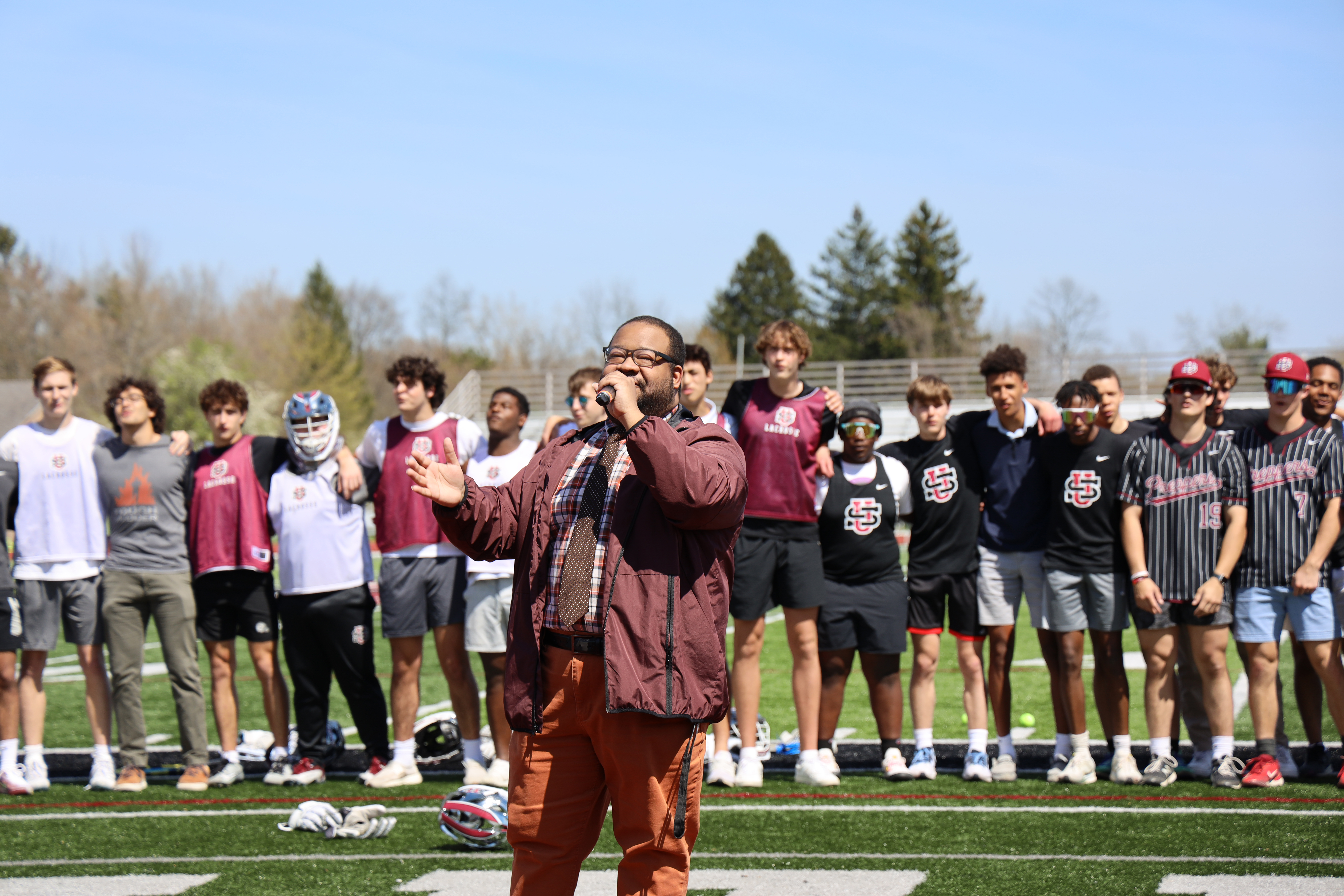Best Docs 2009 - Off the Cuff
by Erick Trickey | Feb. 25, 2009 | 5:00 AM
|
How To Avoid Seeing This Doctor
1 Know your past. “If you have a family history of high blood pressure, be sure to have your blood pressure checked on a regular basis,” says Dr. Wendy Cicek of MetroHealthSystem’s McCafferty Health Center. “Maintaining a blood pressure of 130 over 80 [or lower] will prevent long-term effects of high blood pressure.” 2 Watch the salt. “Eat a diet high in fresh fruits, fresh vegetables and whole grains,” Cicek says. That low-salt diet should help keep blood pressure low. The opposite type of diet — lots of processed food and fast food — is high in salt and tends to cause weight gain, two major triggers of hypertension.
3 Stay active,even if living in Cleveland makes it hard. “One thing I recommend people do at home, especially people with borderline blood pressures, such as teenagers, is to put on some music you like and dance for a half-hour.” Adults should exercise “at least 30 minutes five times a week,” says Cicek. Walking can count, “but you have to walk briskly enough that you’re feeling it, that it’s a little bit hard to talk.”
|
“Working in inner-city Cleveland, I see much more high blood pressure than when I was working in the far east suburbs,” Cicek says. A few reasons are genetic — African-Americans tend to have more blood-pressure sensitivity to salt, she says. Other causes include the stresses of living in poorer neighborhoods.
“For a lot of people in the inner city, it’s not especially safe to exercise outdoors, particularly in the evening hours,” Cicek says. “It’s expensive to join a gym.”
Poverty also affects how we eat. “Cheaper food is often not as healthy: It’s more processed, with more salt and more fat,” Cicek says.
“One of the treatments of high blood pressure is the DASH diet: fresh fruits and vegetables, whole grains, low-fat dairy products. Unfortunately, it’s really expensive to eat healthy. It’s really cheap to buy a bag of noodles compared to a bag of fruit.”
Cicek, 43, is seeing high blood pressure more often in younger people. A recent MetroHealth study of the hospital’s electronic medical records confirms the alarming trend.
So MetroHealth’s electronic discharge papers now list the patient’s blood pressure, pulse and weight.
Last year, doctors at McCafferty began talking about diet and exercise with every patient, adults and children, no matter what condition they come in for. The clinic helps low-income patients find inexpensive medications through drug companies’ patient assistance programs.
High blood pressure can be treated with generic medicines such as ACE inhibitors and beta blockers, Cicek says, some of which are among the $4 medications many chain pharmacies now offer.
Talking to patients about controlling their blood pressure has become a big part of Cicek’s practice.
“Why should I spend my extra $10 on high blood pressure medicine?” some patients ask her. “I feel fine.” But hypertension’s attacks on the body’s cells have no symptoms until the big ones hit: stroke, heart attack, vision problems, kidney failure.
So Cicek asks patients if their relatives suffer from those ailments.Do they know anyone on kidney dialysis?“Oh, yeah, my aunt’s on it — it’s awful,” some reply. Then, she says, they understand the importance of living a healthier life.
Trending
-
1
-
2
-
3
-
4
-
5










